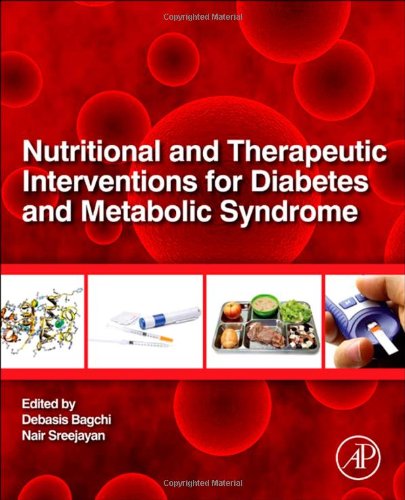

Most ebook files are in PDF format, so you can easily read them using various software such as Foxit Reader or directly on the Google Chrome browser.
Some ebook files are released by publishers in other formats such as .awz, .mobi, .epub, .fb2, etc. You may need to install specific software to read these formats on mobile/PC, such as Calibre.
Please read the tutorial at this link: https://ebookbell.com/faq
We offer FREE conversion to the popular formats you request; however, this may take some time. Therefore, right after payment, please email us, and we will try to provide the service as quickly as possible.
For some exceptional file formats or broken links (if any), please refrain from opening any disputes. Instead, email us first, and we will try to assist within a maximum of 6 hours.
EbookBell Team

4.7
76 reviewsDiabetes mellitus affects approximately 20 million people in the US, or nearly 7% of the population. It is expected to increase by 70% within the next 25 years, and numerous epidemiologic studies have demonstrated that type 2 diabetes increases the risk of cardiovascular morbidity and mortality. It is estimated to cost over $92 billion in health care costs and lost productivity. The increased risk is due to the detrimental vascular effects of prolonged exposure to a hyperglycemic, oxidant-rich environment yielding associated cardiovascular risk factors: atherosclerosis, hypertension and clotting abnormalities. Hypertension and dyslipidemia in diabetic patients produces substantial decreases in cardiovascular and microvascular diseases.
Nutritional and Therapeutic Interventions for Diabetes and Metabolic Syndrome provides an overview of the current epidemic, outlines the consequences of this crisis and lays out strategies to forestall and prevent diabetes, obesity and other intricate issues of metabolic syndrome. The contributing experts from around the world give this book relevant and up-to-date global approaches to the critical consequences of metabolic syndrome and make it an important reference for those working with the treatment, evaluation or public health planning for the effects of metabolic syndrome and diabetes.